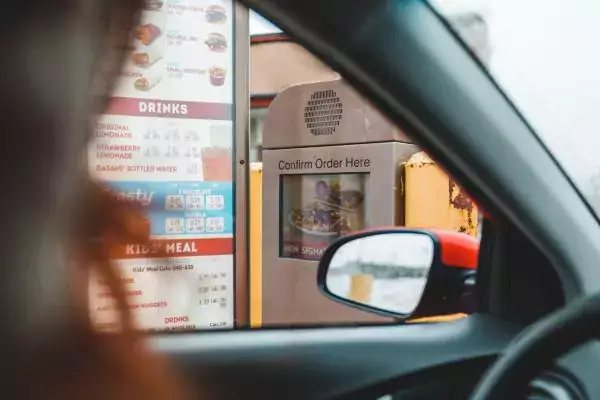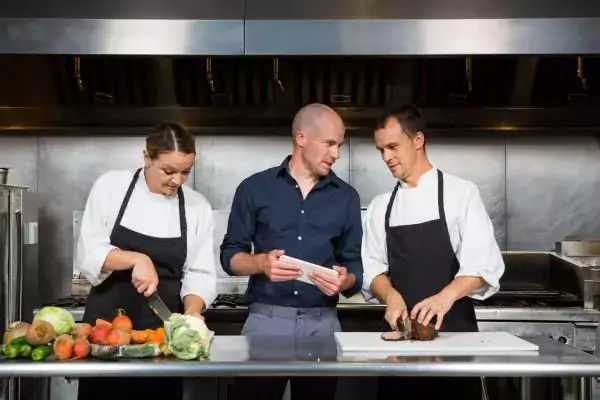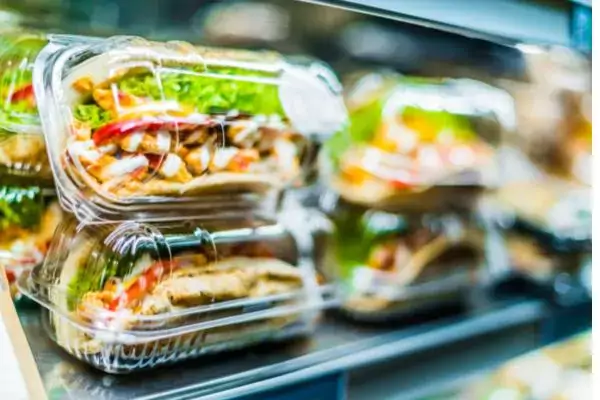Yelp, Twitter, Facebook, Linkedin - dissatisfied customers have plenty of options when it comes to venting about poor customer service. Papa John’s is the latest target in these increasingly public complaints. The incident reveals issues endemic to the fragmented franchise environment - holes in communication between the operator and franchisees. And the company’s response provides a superb example in dealing with public customer complaints.
Last month, Troy Dunn, a TV personality best known for hosting “The Locator,” tried to order pizza for Mother’s Day. Before outlining the problem, Dunn clarified that he is a fan of Papa John’s. “Great company, great culture and great product,” he wrote. “But what I am about to share demonstrates how not listening to employees, franchisees and customers can lead to a culture of intentional bad customer experiences.”
Here’s an outline of Dunn’s experience:
- Dunn wanted to place an advanced order, a special deal, for “5 Specialty Pizzas for $50” from his local Papa John’s franchise at his wife’s request on Mother’s Day. He gets an error message.
- Dunn calls the local store and is surprised to learn that they are closed for Mother’s Day. After asking why the website didn’t tell him that in the first place, the employee responds “I know, Sir. I’m sorry. We hear that a lot.”
- The franchisee who is closed recommends another store, but when Dunn changes the location, the website deletes his shopping cart. The second store didn’t recognize the specialty pizza deal.
- Dunn then calls the customer support hotline to speak to a customer service operator who, unfortunately, did not have the ability or authority to offer a solution.
- Dunn gives up trying to order the pizza.
Papa John’s Responds
The letter eventually made its ways to the eyes of the Papa John’s executive team. Mike Nettles, the recently-appointed chief information and digital officer for Papa John’s, brilliantly responds in an open letter to Dunn. Nettles acknowledges the failure and cites the nature of any “franchisee-oriented business.” He says Papa John’s could have taken better steps to “insulate our guests from this ‘behind-the-scenes’ complexity.” He also acknowledges that the information corporate collects on franchisees—like hours of operation, delivery boundaries, and pricing/promo levels—doesn’t properly guide the customer journey. Nettles offers possible tech solutions, like not showing the customer deals that aren’t readily available to them and a “let us try and help” feature to guide the customer to a more successful outcome. Also, Dunn shouldn’t have had to call a customer support hotline. There should have been chat support when he experienced issues placing his order. The customer service rep on the hotline could have been better trained to resolve the issue. Nettles concludes his letter with an assurance that Papa John’s is working to improve its digital order fulfillment systems. He then offers to pay, out of his own pocket, for a surrogate Mother’s Day party for Dunn and his family. And he offers to make the delivery himself.Takeaways from Papa John’s Reaction…and One Lingering Issue
First off, kudos to Nettles for, as he calls it, “taking the hit” and acknowledging the failure. He also offers some specific solutions to the problem Dunn experienced. This is encouraging and will certainly be steps in the right direction for the Papa John’s brand.
But Dunn’s criticism of Papa John’s wasn’t just over one experience on a website - it is about brand reliability and consistency in the company’s franchise system. This is a problem that Nettles alludes to when he says part of the reason we failed is “anchored deeply” in the nature of any franchisee-oriented business. When I read that, I have to ask, “But why!?” Why are problems deeply anchored? In his letter, Nettles writes that he, “[would like to] invite you (along with anyone else reading this) to join me in designing what I think can be a tremendous improvement in our systems. Consider this an open focus group.”Offering a Solution
Is Papa John’s doing everything it can to solve these kinds of issues? Can it do more? Some franchisees are already taking the initiative to deliver a consistent customer experience, supported by robust technology solutions. Check out the case study of Papa John’s franchisee JNE Inc., which uses Zenput to track performance and assigned tasks, and improve restaurant performance. This means not only responding to issues as they come up, but also being proactive to stop potential problems from negatively affecting business. As Dunn said, it’s about empowering the powerless, and by establishing procedures and processes that transfer across locations. Imagine if franchisees had a means, in real-time, to identify and resolve issues at the store, and analyze trends to get better insight into each stores’ execution. That’s the whole key to operations improvements, right? It’s not just about the parent organization’s ability to collect data—it’s about using the data to share actionable insights with franchisees. Ultimately, your operations always need to always have customer service in mind, which is really the overriding message of the JNE inc. case study. Organizational change begins with a willingness to explore new ways of doing old things. In 2017, technology is fundamental to the kind of change that improves restaurant operations. Explore Zenput’s functionalities and see if this platform is the right ingredient for your restaurant operations.Subscribe to our blog
You are now subscribed!


